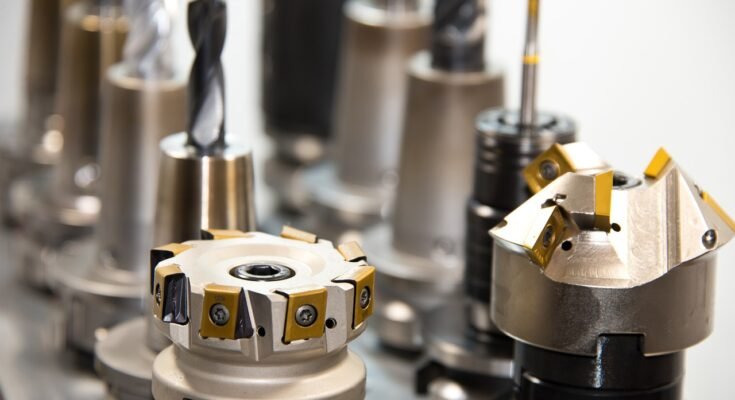Rotary kilns and dryers are integral components in many industrial processes, providing the thermal treatment necessary to transform raw materials into valuable products. From cement manufacturing to chemical processing and mineral refinement, these machines are essential for achieving consistent and efficient results. This article explores the role of rotary kilns and dryers, their applications, and how they contribute to the success of various industries.
What Are Rotary Kilns and Dryers?
A rotary kiln is a long, cylindrical structure that rotates slowly while processing materials. It is primarily used for high-temperature applications such as calcination, sintering, and pyrolysis. The kiln’s rotation ensures even heat distribution, promoting chemical reactions and physical changes in the material.
A rotary dryer, on the other hand, is designed to reduce the moisture content of materials. It operates at lower temperatures compared to a kiln and is commonly used for drying bulk solids like minerals, chemicals, or biomass. The dryer’s rotating motion and controlled airflow allow for uniform drying and efficient moisture removal.
Applications of Rotary Kilns
Rotary kilns are critical in processes that require precise temperature control and uniform heat distribution. Some of their key applications include:
- Cement Production: Rotary kilns are essential for clinker formation, where raw materials like limestone and clay are heated to produce cement.
- Lime Calcination: They are used to convert limestone into quicklime through the calcination process.
- Metallurgical Applications: Rotary kilns facilitate the reduction of metal ores, enabling the extraction of metals like iron and nickel.
- Waste Treatment: Hazardous and municipal waste can be thermally treated in rotary kilns to reduce volume and recover energy.
- Chemical Processing: They are used for producing chemicals such as activated carbon, alumina, and titanium dioxide.
Applications of Rotary Dryers
Rotary dryers are versatile machines used in industries that need to manage material moisture levels effectively. Key applications include:
- Mineral Drying: Dryers prepare raw minerals for further processing or packaging by reducing their moisture content.
- Biomass Drying: They are used to dry materials like wood chips, sawdust, and agricultural waste for use in energy production or manufacturing.
- Food Processing: Rotary dryers are employed in the drying of grains, starch, and other food products.
- Pharmaceuticals: Certain pharmaceutical ingredients require controlled drying to ensure quality and stability.
- Chemical Products: Rotary dryers are used to remove moisture from chemicals like fertilizers and polymers.
Efficiency and Consistency in Industrial Processes
Rotary kilns and dryers play a crucial role in ensuring efficiency and consistency in industrial operations. By providing precise temperature control, uniform heat distribution, and efficient material handling, these machines help businesses achieve the desired product quality while minimizing waste and energy consumption.
Modern rotary kilns and dryers are equipped with advanced control systems that monitor and adjust parameters in real-time, optimizing performance and reducing operational costs.
Maintenance for Long-Term Performance
To ensure the longevity and efficiency of rotary kilns and dryers, regular maintenance is essential. Key maintenance practices include:
- Inspecting and replacing worn components, such as seals, tires, and trunnions
- Cleaning the interior to prevent material buildup
- Monitoring alignment and balance to prevent uneven wear
- Lubricating moving parts to reduce friction
- Conducting routine inspections for cracks or structural damage
By implementing a proactive maintenance schedule, businesses can minimize downtime and maximize the reliability of their equipment.
Choosing the Right Equipment
Selecting the appropriate rotary kiln or dryer for your application is critical to achieving optimal results. Factors to consider include the type of material being processed, required temperature range, capacity, and desired moisture level. Working with experienced manufacturers or consultants can help you identify the best solution for your specific needs.
Transforming Industrial Processes
Rotary kilns and dryers are indispensable tools in a wide range of industries, enabling efficient material processing and consistent product quality. By understanding their roles and implementing proper maintenance practices, businesses can harness the full potential of these machines to drive success. If you’re looking to enhance your operations, explore how rotary kilns and dryers can meet your industrial requirements and deliver exceptional results.




